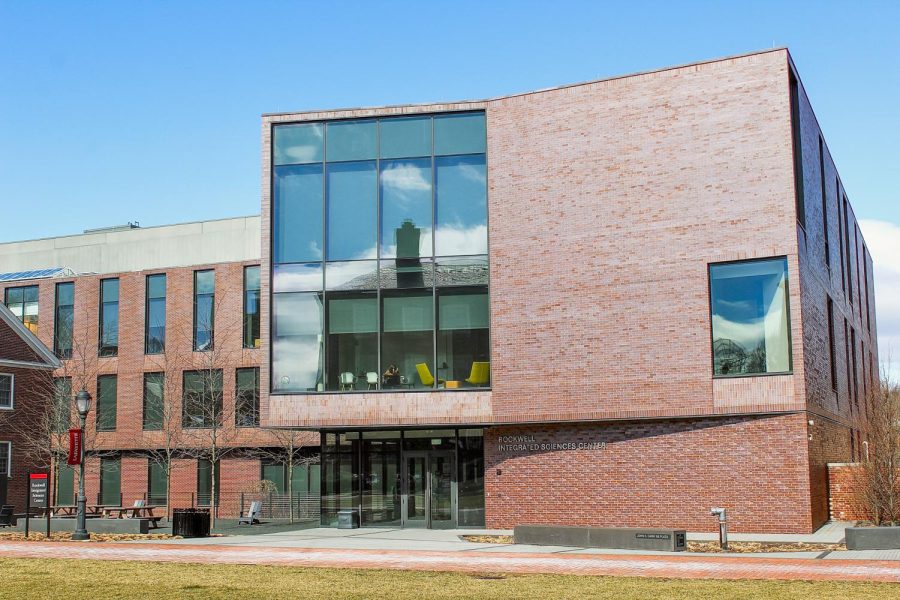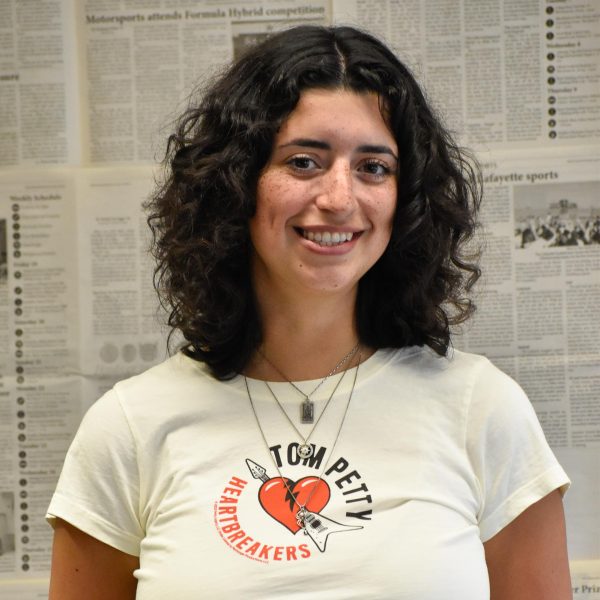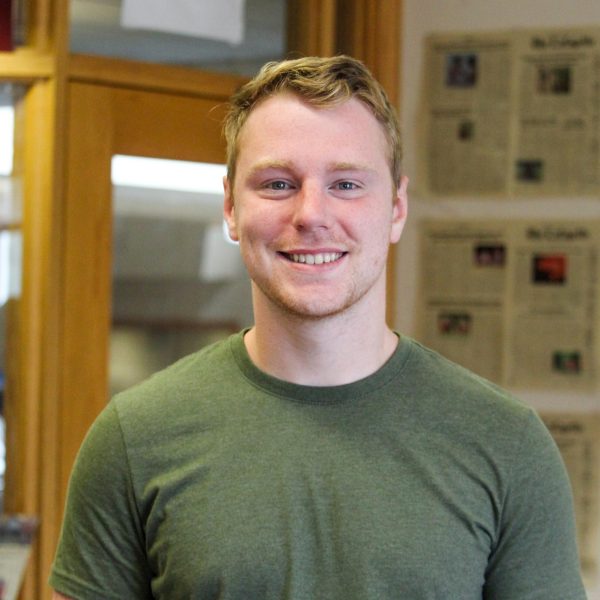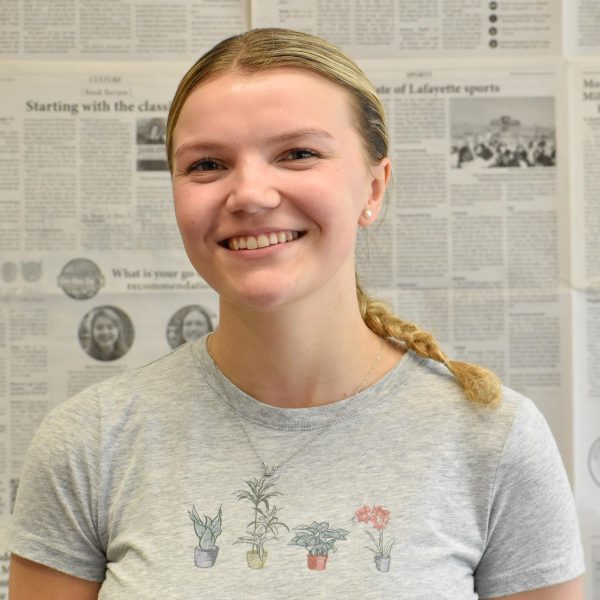The biology department recently underwent several staff shifts, resulting in course selection changes and some confusion among students.
This year, assistant biology professor Khadijah Mitchell is leaving the department for a job at Temple University. Matt Fischl, another visiting assistant professor of biology, is transferring to the neuroscience program.
Additionally, assistant professor of biology Daniel Strömbom will be on research sabbatical next semester.
James Dearworth, the biology department head, said that the department had been searching for a visiting assistant professor and is now planning to begin the process of hiring a new assistant professor.
“There is a plan and it seems stressful but it’s actually the way it’s typically done,” Dearworth said about the process of hiring faculty. “The one atypical part was just finding out suddenly [about some professors leaving]. That’s not typical.”
When courses for fall 2023 were announced, biology majors, especially underclassmen, were left with fewer options for courses than expected.
“Initially, I was stressed about what biology courses to register for,” biology major Grace Voss ’26 wrote in an email.
Biology major Mae Maddox ’26 said that “there was a struggle because there were barely any spots in any of the other classes.”
The process of offering additional courses, especially so close to and during course registration, “requires a lot of thought,” according to Dearworth. However, many professors stepped up to create more courses and spaces for students in the wake of staffing changes.
BIOL 113 Quantitative Biology is a requirement for the Biology B.S. and B.A. major. It was not originally offered for the fall 2023 semester, leaving many students wondering when they would be able to take the required course.
“I was so worried that it wouldn’t be true,” Kelsie Bouyer ’26 said of claims that BIOL 113 might not be offered in the spring. “I was under the impression that you could only take [BIOL 113] in the fall.”
One section each of the BIOL 113 class and lab was eventually made available by Eric Ho, an associate professor of biology. Two sections of BIOL 113 will also be taught in the spring semester.
“Usually my schedule is to teach it in the spring instead of the fall because in the fall I already lined up two classes,” Ho said. “I got some feedback from students … If they have such a need, then I [will] teach three classes.”
Rising sophomores typically take BIOL 113 in the fall of their sophomore year in accordance with the recommended course schedule for biology majors. However, with only one section of the course being offered with twenty spots, many looked to take a different biology course.
“I thought I had a better chance,” Maddox said about her enrollment in BIOL 213, a biology elective taught by Dearworth. This course was originally not going to be offered, yet he added the course as an additional option for students. Dearworth also increased the lab capacity the night before registration for first-years to “[provide] some other registration options,” according to an email he sent out to rising biology sophomores.
In addition to courses offered by Ho and Dearworth, many other professors are now overloading their course offerings for next semester.
For example, BIOL 215 Phytopathology was replaced with BIOL 255 Molecular Genetics, a course required for biochemistry majors. Last minute, it was also announced that associate professor of biology Nancy Waters would be teaching BIOL 223 Environmental Problem Solving in Biology.
Another option for biology students is to take 300-level biology electives without the typical 200-level prerequisite for the course. Biology professor Robert Kurt has almost always waived the requirement for BIOL 345 Infectious Disease and BIOL 245 Immunology when students inquired.
“I was torn between registering for BIOL 113 and BIOL 345,” Voss ‘26 wrote. “BIOL 345 is an elective that I find really interesting … I am not sure when [it] will be offered again, so while I have the opportunity to take it, I want to.”
While many students had been receiving emails about updates to course selections, some students were still left in the dark about new information.
“If I didn’t hear about it from my friend, I wouldn’t have known that [BIOL 113] was up there,” Bouyer, who was not on the email list, said.
Despite the challenges that some faced, Voss did appreciate the communication attempts from the department regarding course changes.
“I was impressed with how the Biology department handled this period of transition,” Voss wrote. “I think they did a good job communicating with first-year students and adding spots and creating new classes for students to take a biology course.”
“[Student’s] education is our priority,” Ho said. “We always try to see what we can do, adjusting to make more courses available.”






















































































































